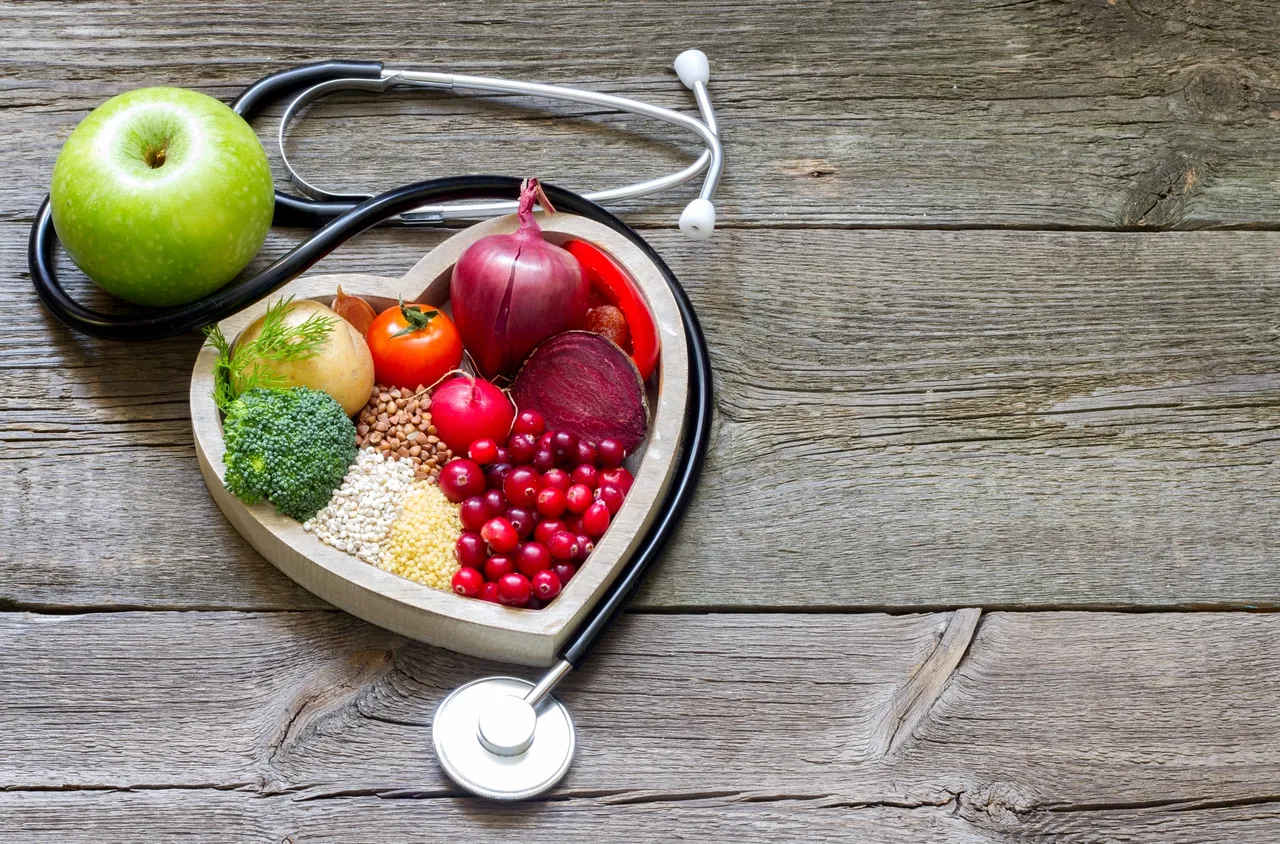The year 2020 has proven to be an unprecedented time and has brought with it challenges the likes of which we’ve not seen in our lifetime.
With the onslaught of COVID-19, the normal course of life has been disrupted globally. This has included a major impact to the health and welfare of all. Physical distancing measures and restrictions, while warranted and necessary, have required us be apart from family and friends and work colleagues for a prolonged period of time. Unfortunately, this practice will need to continue for the foreseeable future. These changes are creating an unfavorable environment which may impact global health measures even after the conclusion of the pandemic.
Our physical activity has been impacted at an incredible scale. Chronic stress and uncontrolled anxiety is spreading expeditiously. We are consuming more non-perishable processed foods. Exposure to screens, whether it be for work or leisure have increased extensively. Sleep-wake cycles have been disrupted due to this added flexibility in our schedules. Physicians are alarmed because all of these factors are contributing to conditions that may be harmful to our overall well-being and may leave a long lasting impact on community health.
When we emerge from this pandemic, it will not be surprising to see a rise in uncontrolled diabetes, hypertension, and hyperlipidemia which are crucially linked to our cardiovascular health. We will also see a rise in obesity as well, which has a plethora of medical conditions associated with it.
How can we mitigate the long-term impact of this unfavorable time period on our health and prevent adverse health outcomes?
Speak to your family doctor if you are noticing new symptoms and review your medications. As a precaution, reduce snacking, salt intake and try to follow a heart-healthy diet full of vegetables and fruits.
Work on reducing your stress levels; pick up a healthy hobby, practice meditation, yoga, connect with friends and family safely, or virtually if possible. Make sure you are getting adequate sleep and follow a consistent schedule of sleeping, waking up, and eating on time. Continue physical activity at home. If you do go out for a walk, do not congregate and keep at least 2 meters apart from others at all times. Avoid crowded parks and other places. Use face coverings such as non-surgical face masks to keep your mouth and nose covered.
Most importantly, do not put your health on a back burner for fear of contracting COVI-19. If you have chest pain, stroke symptoms or if you have been injured, go to the nearest ER immediately or call 9-1-1.
Unfortunately, some individuals have had poor outcomes because they did not seek emergency care for fear of contracting COVID19.
Even though we are flattening the curve we are still not out of the woods. This pandemic has warranted changes to our routines that may turn into the new norms. We need to make some modifications to our current lifestyle to combat challenges that may arise from adopting these norms.
We have a great community of physicians, please reach out to us. Express your concerns and we will work with you to guide you through these tough times. Stay safe, stay healthy and continue to practice our collective humanity.

